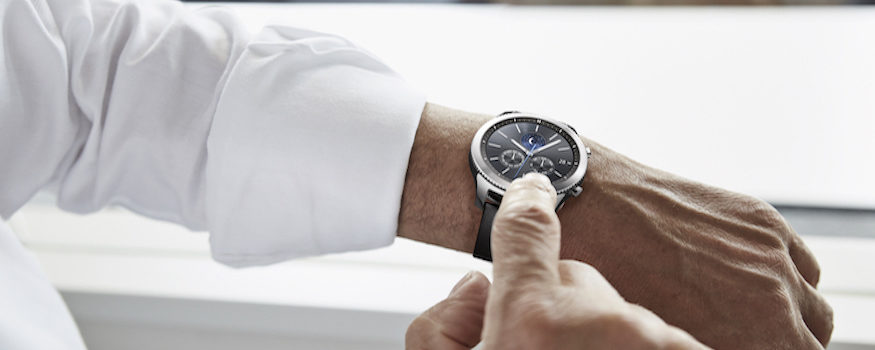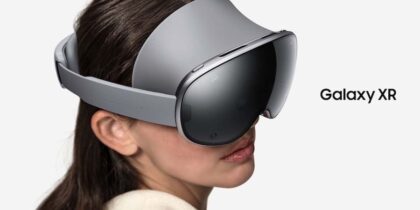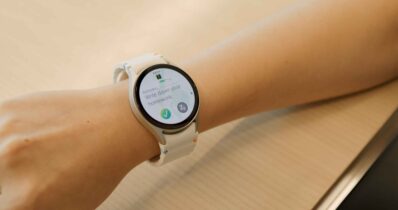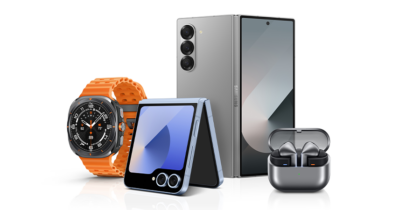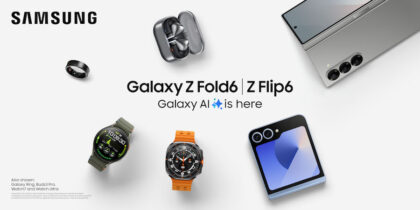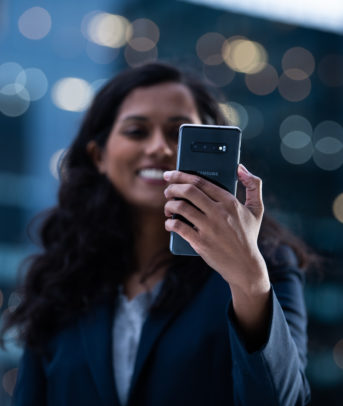As businesses continue to look for new and innovative ways to engage with their customers, wearable devices present a unique opportunity to create a highly personalized touchpoint. Ahead of the Samsung Developers Conference 2017, we spoke with Jeffery Cooper, senior manager of business development with Samsung, about the tools and services Samsung has available to make custom app development on the Samsung Gear S3 and the Fit2 Pro possible, and just how easy it is to do.
1. What is so unique about the opportunities presented around wearable devices?
Smartwatch devices, such as Samsung’s Gear S3 and Fit2 Pro, can be outfitted with custom applications that work in conjunction with the phone or independently, including on Wi-Fi or in some cases a cellular network. Additionally, because these devices are worn on the wrist, they can provide a lot of data on motion and movement and serve as a representation of the wearer, almost like a type of identity bracelet.
2. How can service providers or app developers use those capabilities to create a custom wearable solution that companies would want to distribute to their customers?
One of the biggest areas where we see opportunity is in the fitness and sports category. For example, a chain of gyms could offer smartwatches to members when they sign up for a certain level of gym membership or training. These smartwatches would then be enabled with an app that allows the gym to track workouts, heart rates and other fitness-related data. Not only would this give the gym additional access to data about its members, but would also help the gym be more engaged with them. The gym would be able to devise new offerings for additional levels of service based on the data.
Wearables Are Taking The Mobile Enterprise Further
Download this white paper to learn how to secure and manage wearables for your workplace. Download Now
Another example might be in the travel and hospitality industry. A smartwatch could be offered as part of the price of a cruise. The wearable could then be used as a form of communication. For instance, when the ship docks for sightseeing tours, the wearable device can use the GPS feature to determine how far away from port passengers are and help estimate how long it will take them to get back so they don’t miss the departure time. With Samsung Pay activated on the devices, passengers could also use the watch to pay for additional services throughout their cruise.
Samsung’s wearable solutions also present opportunities for the medical field, providing an extra level of connectivity for users in-home or even in the hospital. By using wearables, healthcare professionals can monitor patient vital signs and potentially send reminders for taking medication.
The truth is, with a little creativity, we believe, there are almost endless opportunities and applications for wearable devices. And we’re excited to see what app developers and service providers come up with.
3. What added benefits are there to developing apps on Samsung wearables?
We allow a high degree of customization of apps due to the open source nature of our Tizen SDK. Developers can also test their apps by deploying them in the app store in beta mode. This allows developers to test the apps’ features and gather feedback. Additionally, users can be spread out and don’t need to be tied to the SDK to test the app.
We also offer Knox Configure and GearUP services. Knox Configure streamlines the provisioning and setup of wearables, allowing remote configuration of a large number of devices.
GearUP is a new service we’re rolling out that allows you to have lighter weight solutions with no additional software on the watch. Essentially, it allows you to get data off of the smartwatch and communicate back to the watch in a simple manner. For example, if you have a group of people who you want to motivate to get active, you can use the smartwatch out-of-the-box with just a bit of configuration. This lower entry barrier gives our solutions more value-add directly out of the box.
4. What are some of the adjunct services that Samsung offers for reselling its devices?
We offer kitting, customization and fulfillment services. This means a company doesn’t have to manage the inventory directly. Going back to the example of a smartwatch deployed with an app for a gym, the value of these services is that the gym doesn’t want to have to stock the smartwatches — and they don’t have to. We can ship them directly to customers’ homes.
Overall, wearables offer businesses a chance to gain insight into customer habits and are an opportunity to collect valuable data to influence change and enhance the customer experience.
Learn more about managing and securing wearable devices.
